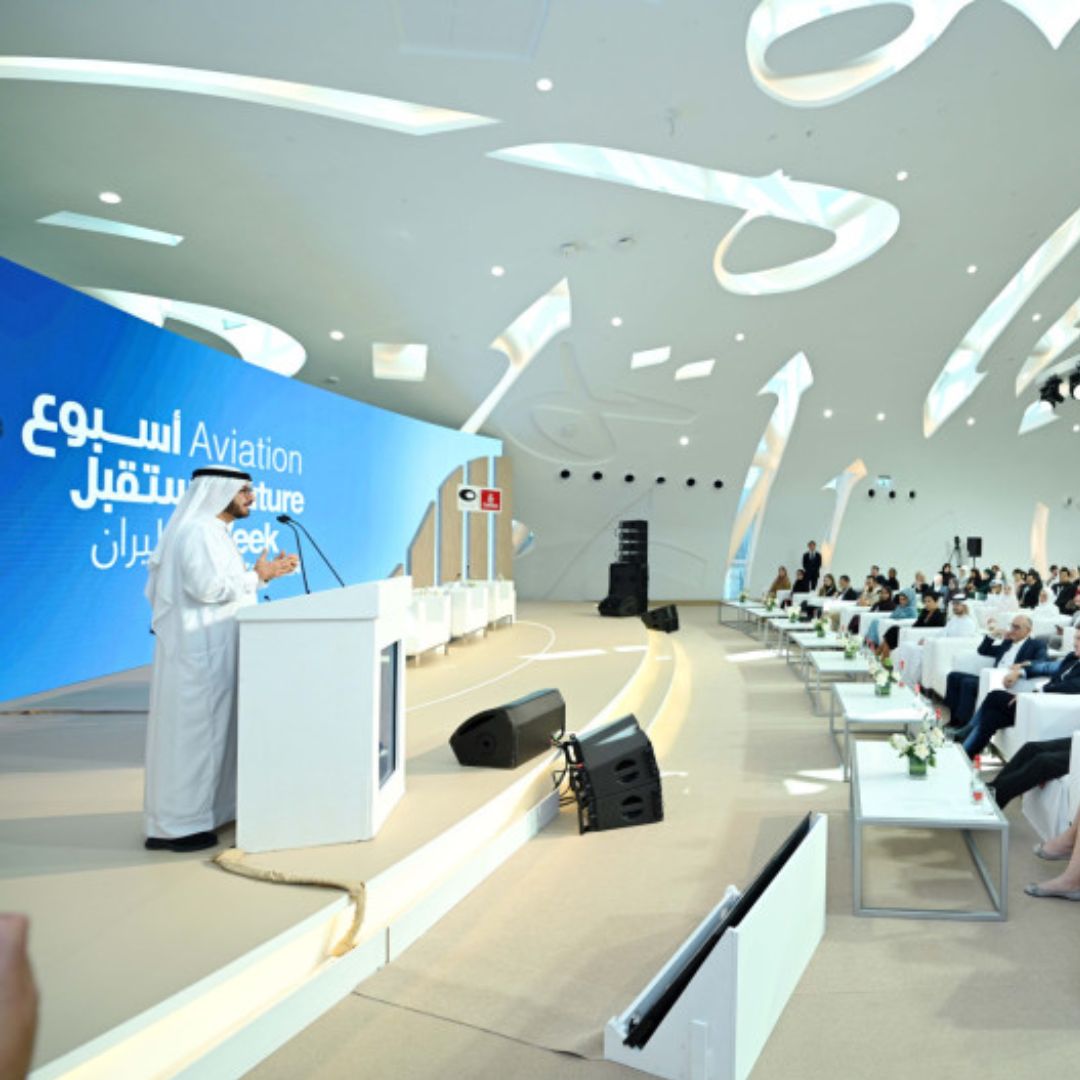Aviation enthusiasts, industry leaders, and tech visionaries gathered for an extraordinary event as Aviation Future Week concluded, leaving behind a trail of exciting possibilities for the future of air travel. The week-long event, which focused on groundbreaking industry innovation and future technologies, brought together some of the sharpest minds in aviation to discuss the advancements set to revolutionize the skies. With a clear emphasis on sustainability, digital transformation, and technological innovation, Aviation Future Week has laid the groundwork for shaping the future of the aviation sector on a global scale.
As the aviation industry continues to recover from the effects of the pandemic and navigates the challenges of a changing world, the importance of innovation has never been more critical. Experts from all corners of the globe convened to share insights and collaborate on how to future-proof the aviation industry. From green technologies and fuel efficiency to AI-driven operational enhancements, the event highlighted a wide range of developments that are poised to drive the next era of flight.
One of the central themes of the week was sustainability. With climate change at the forefront of global concerns, the aviation industry is under immense pressure to reduce its carbon footprint. Aviation Future Week showcased innovations like electric aircraft, hybrid engines, and the increased use of sustainable aviation fuels (SAF). These technologies are seen as vital steps toward achieving the industry’s ambitious goals of carbon neutrality by 2050. The discussions also delved into ways to optimize flight paths and reduce emissions through advanced data analytics and air traffic management systems, showing a collective effort to make flying cleaner and greener.
Digital transformation also took center stage, with experts exploring how artificial intelligence, machine learning, and automation are already transforming the aviation landscape. Whether it’s predictive maintenance powered by AI or self-service technologies improving the passenger experience, the shift toward digitization is clear. The event highlighted how automation can reduce operational costs, improve safety, and enhance overall efficiency, making air travel more accessible and reliable in the years to come.
The role of big data and connectivity in shaping the future of aviation was another key takeaway. From smart airports to connected cabins, the integration of IoT (Internet of Things) and 5G technology is set to redefine both the passenger journey and aircraft operations. Speakers at the event predicted that the future will see increasingly personalized travel experiences, with data-driven insights enabling more tailored services for passengers and more seamless operations for airlines.
Aviation Future Week wasn’t just about concepts; it was about action. Participants left the event with a renewed sense of purpose and collaboration, eager to implement the ideas and innovations discussed. The convergence of sustainability, digital transformation, and cutting-edge technology marks a pivotal moment in aviation history, and the ideas shared during the event will undoubtedly shape the industry’s trajectory in the coming years.
As Aviation Future Week wraps up, one thing is clear: the future of aviation is bright, bold, and filled with limitless possibilities. From eco-friendly planes to AI-powered systems, the innovations discussed during this event are set to redefine the way we fly and how we think about air travel.









